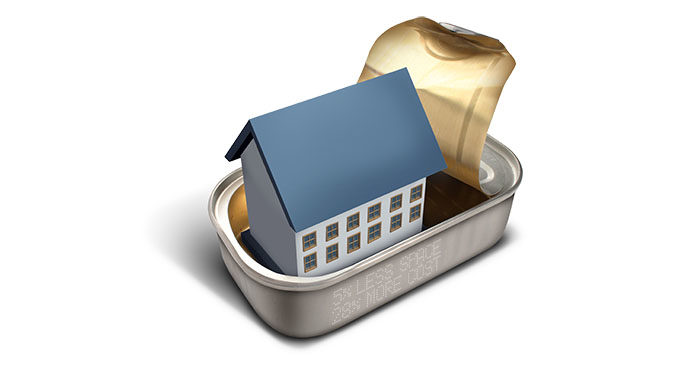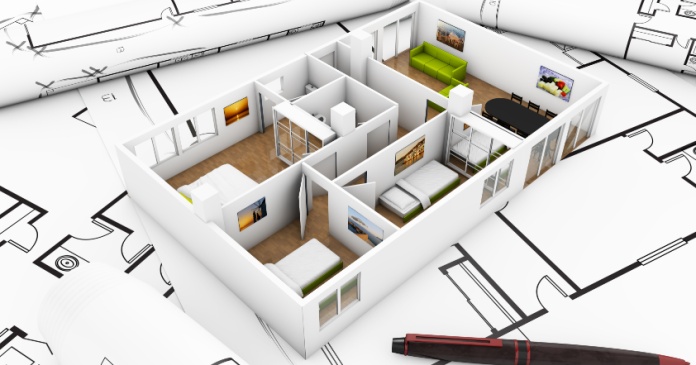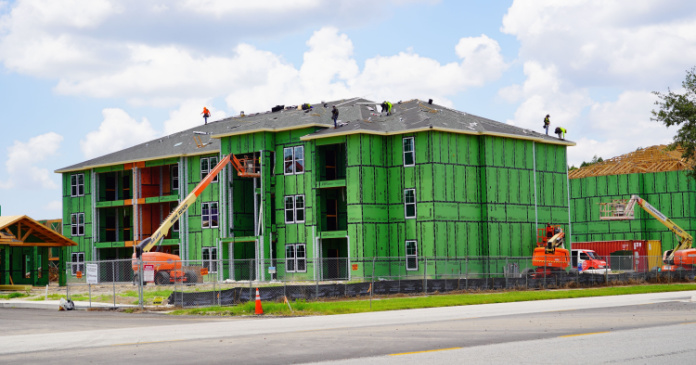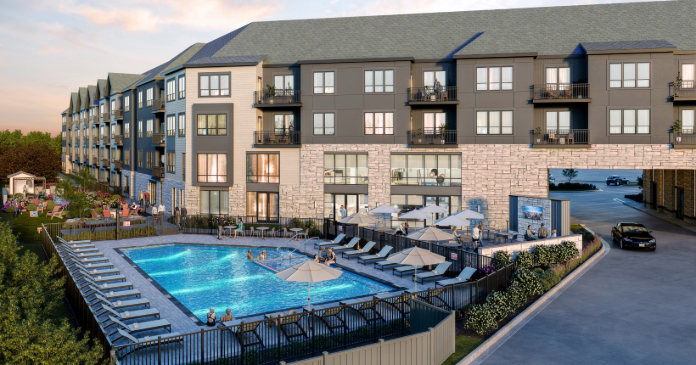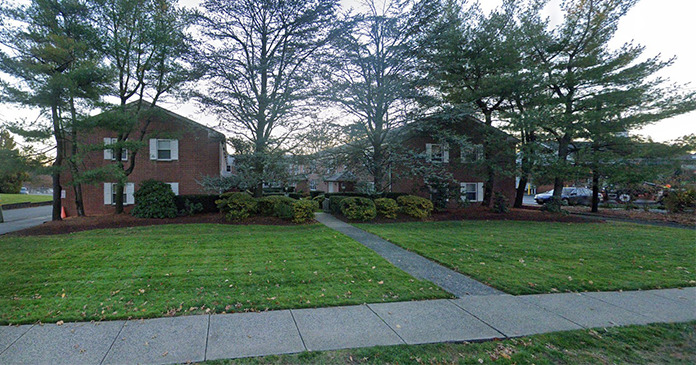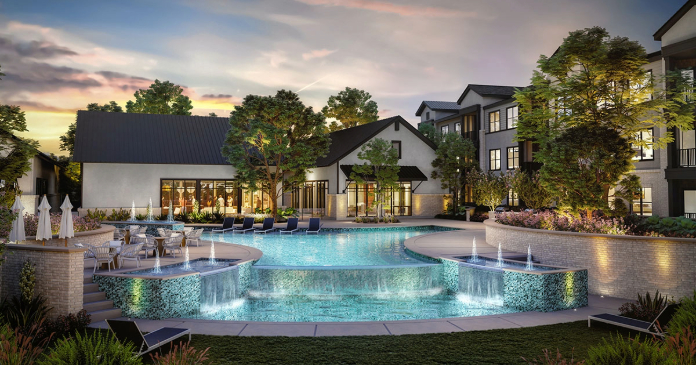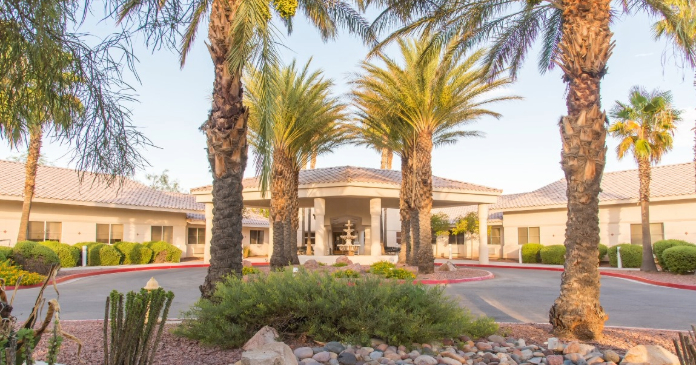The average size of a new U.S. apartment has shrunk 5 percent over the last 10 years, while the average price has risen 28 percent. The average floor plan of a new apartment measures 941 sq. ft., but that is still larger than the overall average of 882 sq. ft.
In markets where construction is expensive and apartments are in high demand, apartments are even smaller, with Seattle seeing an average size of 711 sq. ft. and with Manhattan and Chicago having the second smallest rentals. Tallahassee, Florida, offers the most spacious rentals in the U.S. measuring 1,038 sq. ft. on average, and, according to Yardi Matrix data, apartments run larger across the Southeast.
This trend crosses all floor plans but is more dramatic in smaller units. The average studio apartment is 10 percent smaller than a decade ago, reduced from 573 sq. ft. in 2008 to 514 sq. ft. this year. But studio apartments continue to represent a small piece of the rental market—only 5 percent nationally of all apartments. One-bedroom rental units make up the largest chunk of the national apartment stock (43 percent) and their floor plans have decreased by 4 percent over the last decade, while two-bedroom apartments have seen the least change in size, down by only 0.5 percent on average.
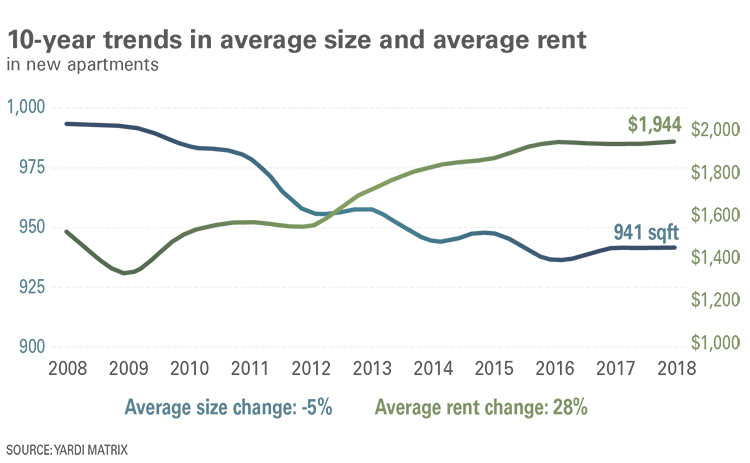
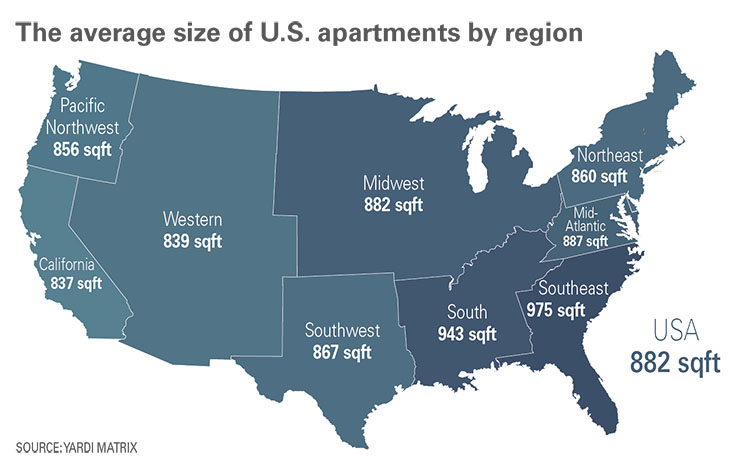
Excerpt: Brett Widness, ULI


